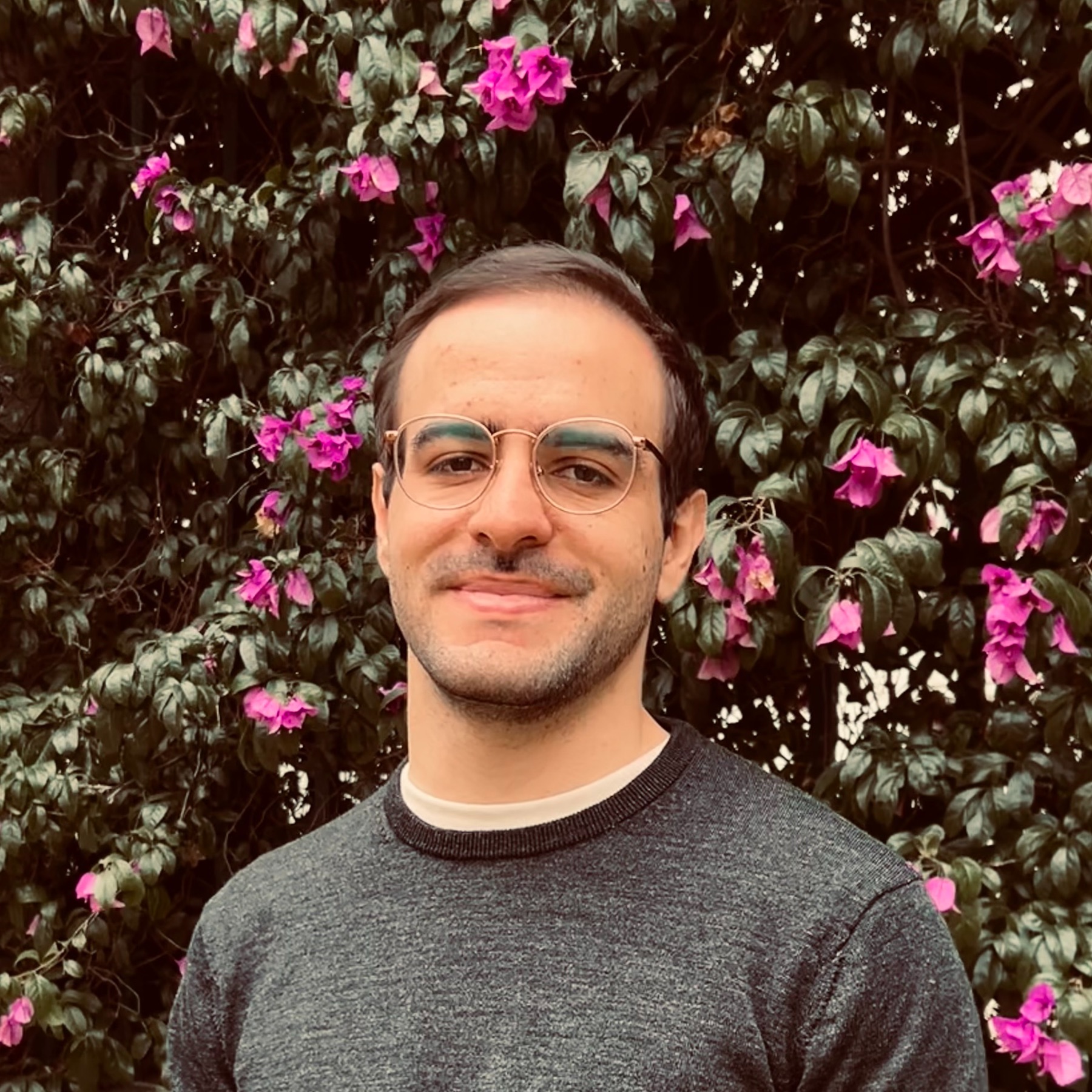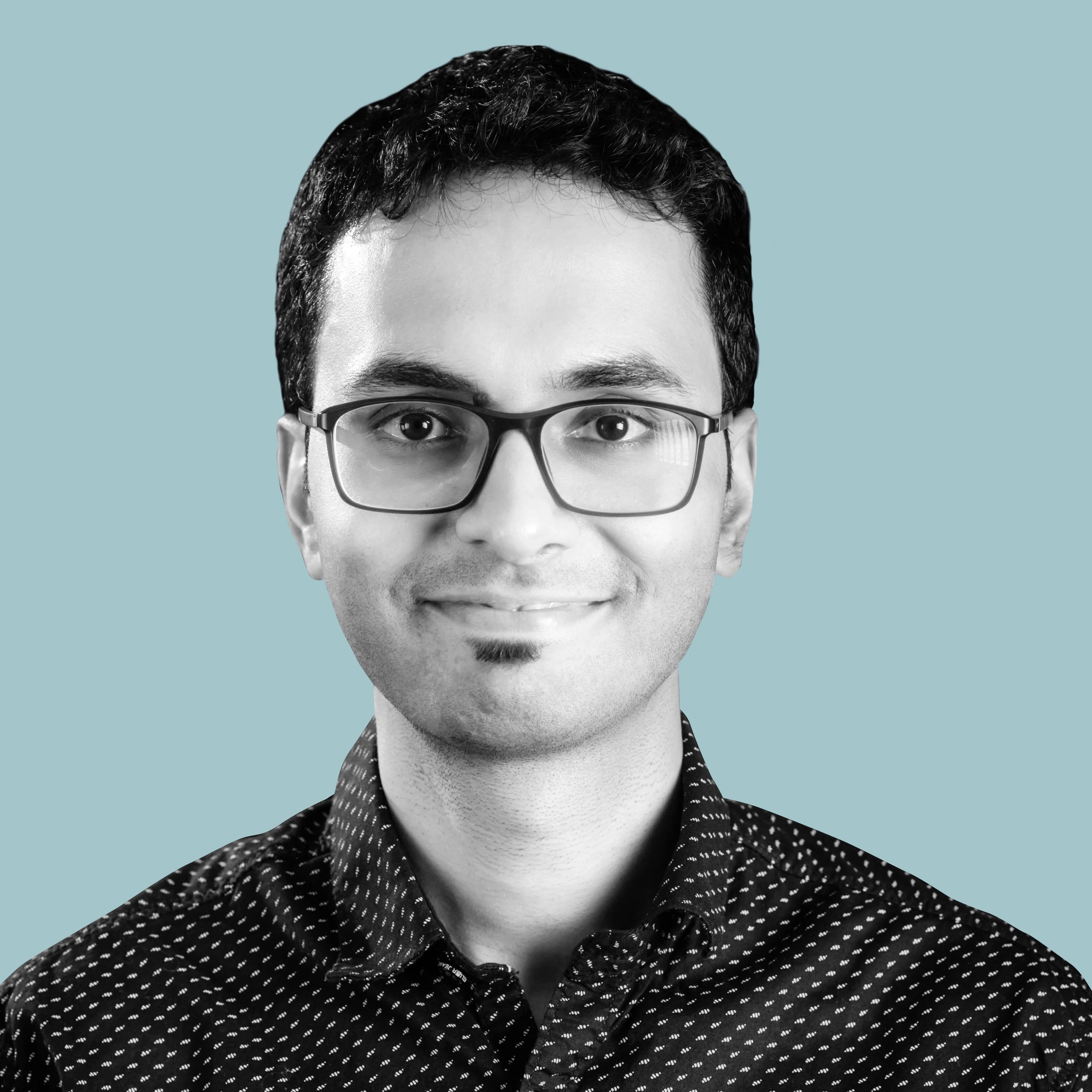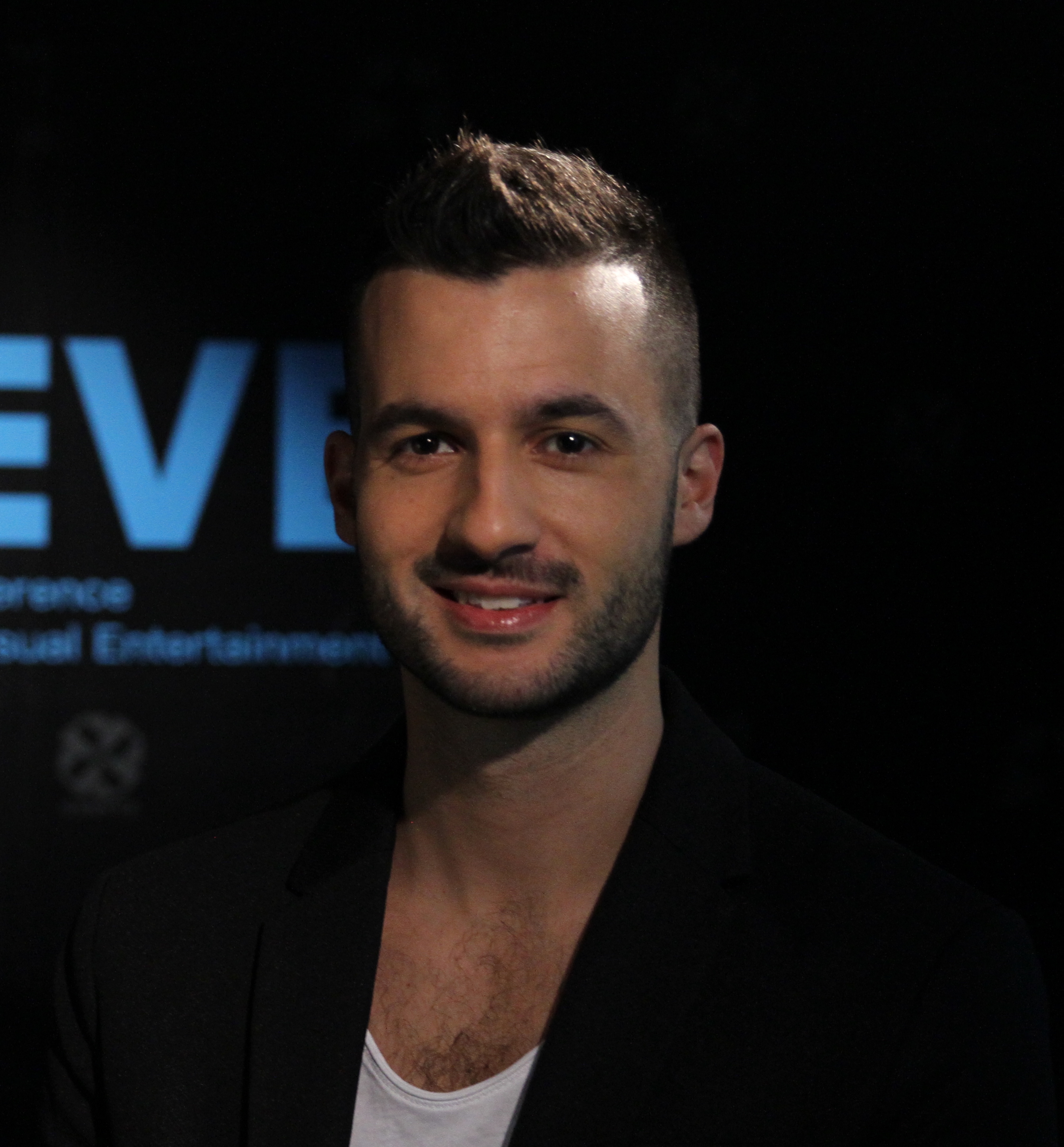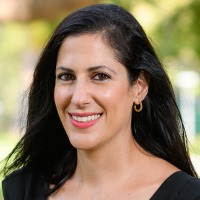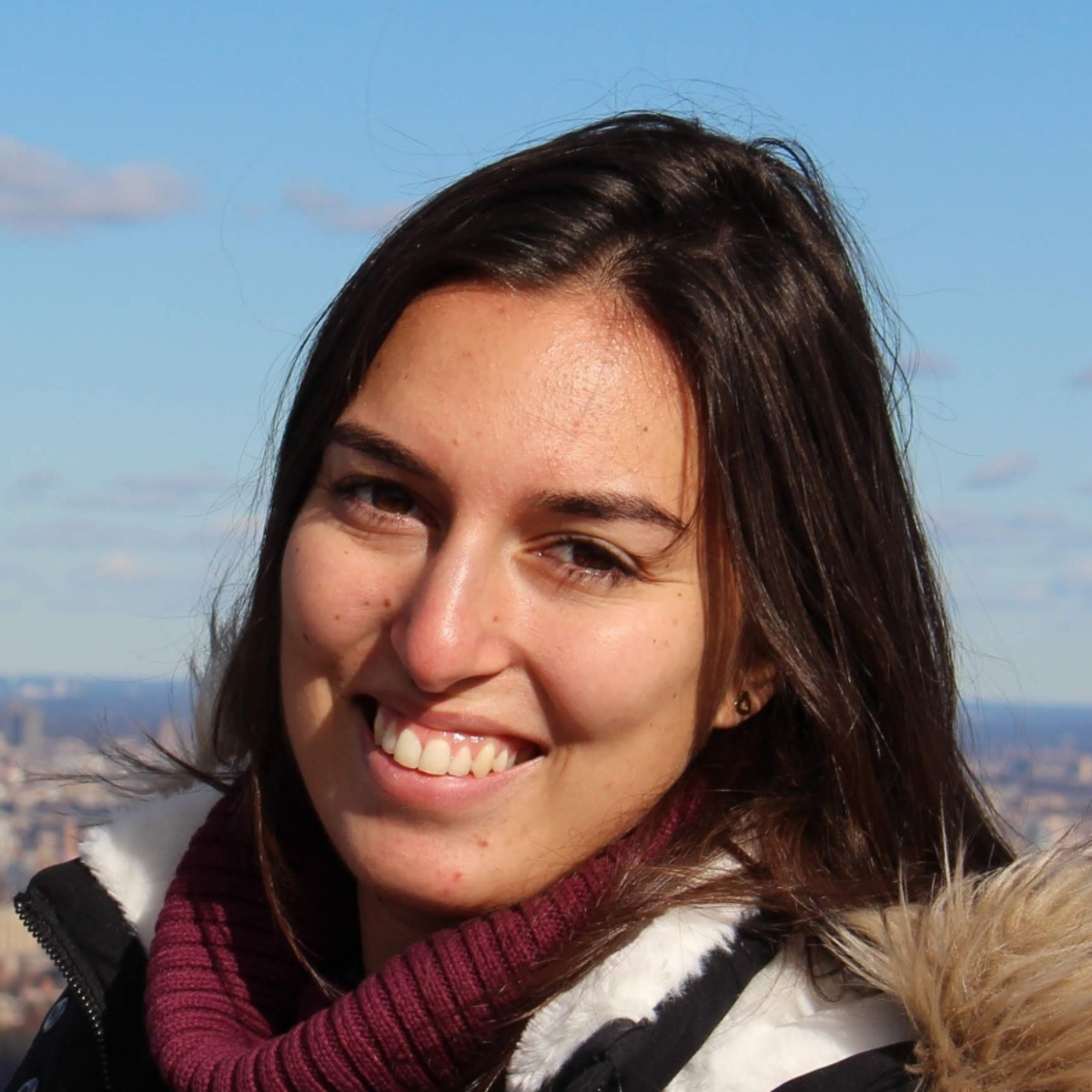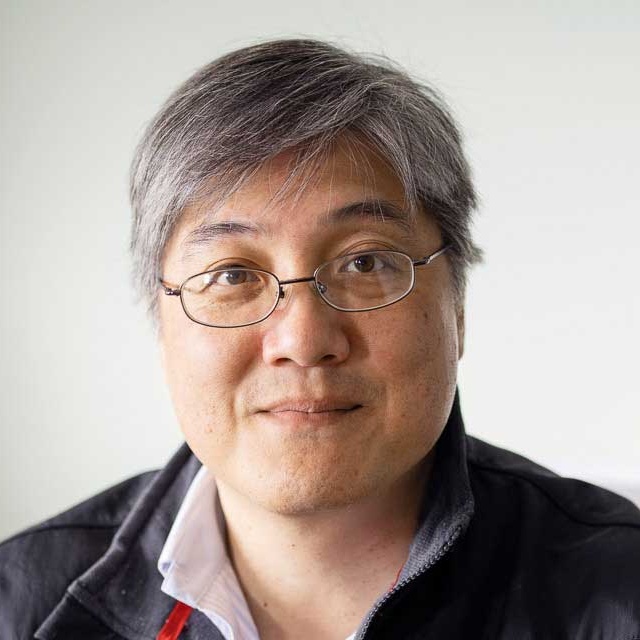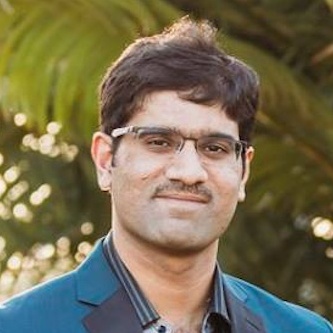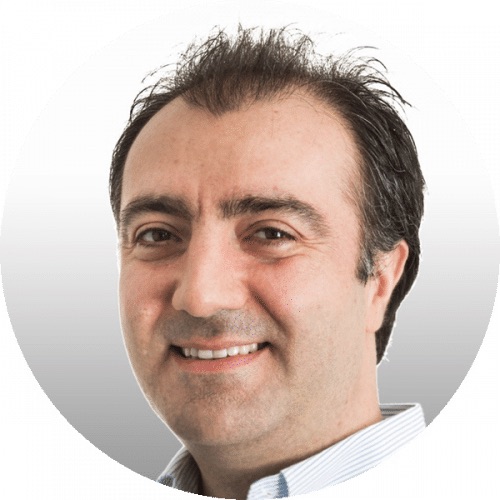P13N: Personalization in Generative AI Workshop
CVPR 2026
June 2026, (half-day) in TBD
Workshop Overview
The P13N: Personalization in Generative AI workshop aims to unite researchers, practitioners, and artists from academia and industry to explore the challenges and opportunities in personalized generative systems.
Generative AI has revolutionized creativity and problem-solving across domains, yet personalization remains one of the most challenging and underexplored frontiers. Building systems that understand and adapt to individual users’ preferences, identities, or contexts raises profound technical, ethical, and societal questions. Through invited talks, panel discussions, poster sessions, and hands-on challenges, P13N serves as a platform to foster new directions in model design, evaluation, and governance for personalized generative systems.
Call for Papers
Call for papers coming soon! The workshop will invite submissions on all aspects of personalization in generative AI.
We invite contributions addressing topics such as user modeling, controllability, fairness, interpretability, evaluation of personalization, human-AI co-creation, and responsible deployment. We welcome talks and paper submissions on varied aspects of personalization, including:
Topics:
- Advanced optimization methods for personalizing generative models
- Multi-subject composition: handling multiple entities in a single scene
- Cross-modal personalization: bridging text, images, video, and 3D
- AR/VR personalization for handling immersive experiences
- Dataset curation for benchmarking personalized generative models
- Benchmark and evaluation metrics for personalization quality, style consistency, and identity preservation
- New methods for personalized video generation
- Ethical and privacy considerations (user consent, data ownership, transparency)
- Personalized storytelling and narrative visualization
- Style adaptation for digital art and illustration
- Emerging applications in gaming, e-commerce, and digital marketing
- Adapting LLM-based personalization approaches to vision tasks
- Personalization on edge devices
Important Dates
| Description | Date | Countdown (AoE) |
| Submissions Open | March 1, 2026 | |
| Paper Submission Deadline | March 31, 2026 23:59 AoE | |
| Notification to Authors | April 30, 2026 | |
| Camera-ready Deadline | May 15, 2026 |
Personalization Challenge
We will host two key challenges: multi-concept image personalization and video
personalization.
We have secured a $5,000 USD sponsorship from Fal.ai to support challenge winners.
Timeline: Announced on April 1, 2026, and conclude by May 1, 2026.
Invited Speakers
Nataniel Ruiz is a Research Scientist at Google Deepmind and the lead author of DreamBooth, which was selected for a Best Paper Award at CVPR 2023. His main research interests revolve around generative models, and he has authored other works in the areas of controllability and personalization of diffusion models, including StyleDrop, ZipLoRA, and HyperDreamBooth.
Ishan Misra (Tentative) is a Research Scientist in the GenAI group at Meta where he led the research efforts on video generation models. He was the tech lead for Meta's Movie Gen project for foundation models in video generation, video editing, video personalization, and audio generation.
Kfir Aberman is a founding member of Decart AI, leading the innovation in real-time, interactive generative video models. Previously, as Principal Research Scientist at Snap Research, he led the company’s Personalized Generative AI effort. His research, including breakthroughs like DreamBooth and Prompt-to-Prompt, has become foundational to how people and creators today interact with generative AI.
Tali Dekel is an Associate Professor at the Weizmann Institute of Science, and a Staff Research Scientist at Google DeepMind. Her groundbreaking work in video personalization and generation includes Still-Moving, TokenFlow, and Lumiere.
Or Patashnik is an assistant professor at Tel Aviv University. Her research lies at the intersection of computer graphics, computer vision, and machine learning, with a focus on generative models. She works on image and video generation, semantic editing, and personalization, driven by the goal of making visual content creation more controllable and expressive.
Schedule
| 9:00–9:10 | Opening remarks |
| 9:10–9:40 | Invited talk 1 |
| 9:40–10:10 | Invited talk 2 |
| 10:10–10:20 | Coffee Break |
| 10:20–10:50 | Invited talk 3 |
| 10:50–11:20 | Invited talk 4 |
| 11:20–12:30 | Panel |
| 12:30–13:30 | Closing Remarks |
Invited Panelists
Organizers
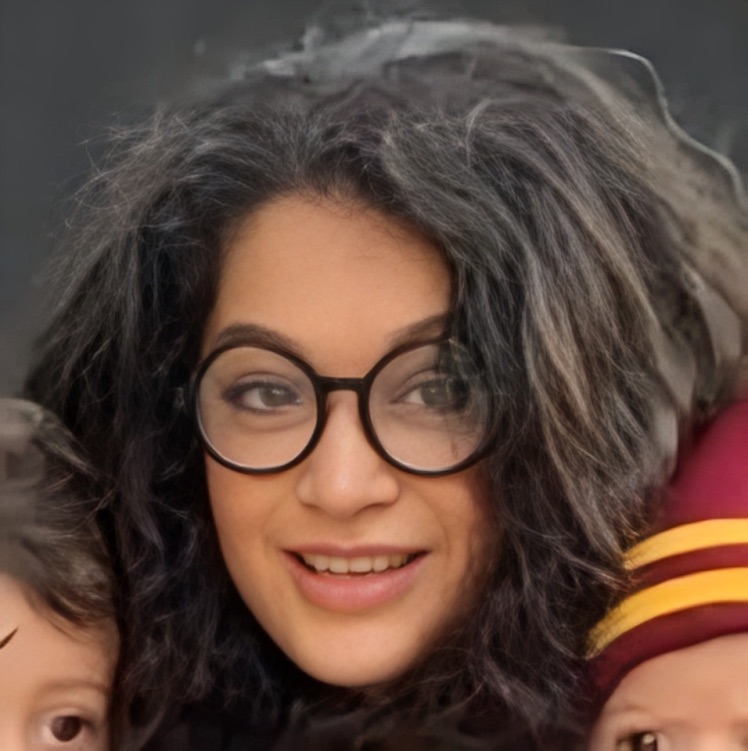
Virginia Tech
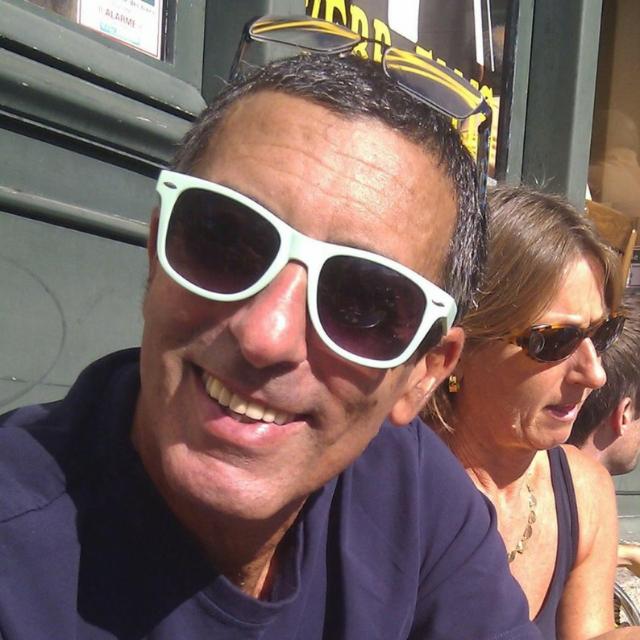
Tel Aviv University
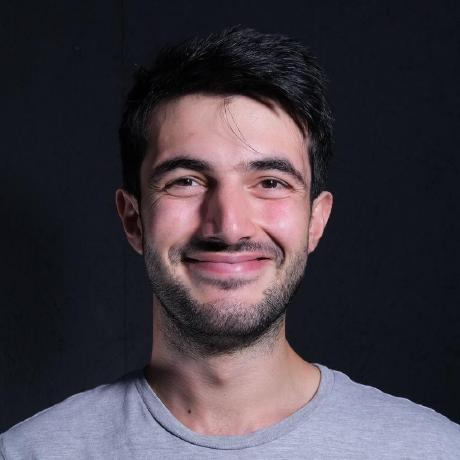
Virginia Tech
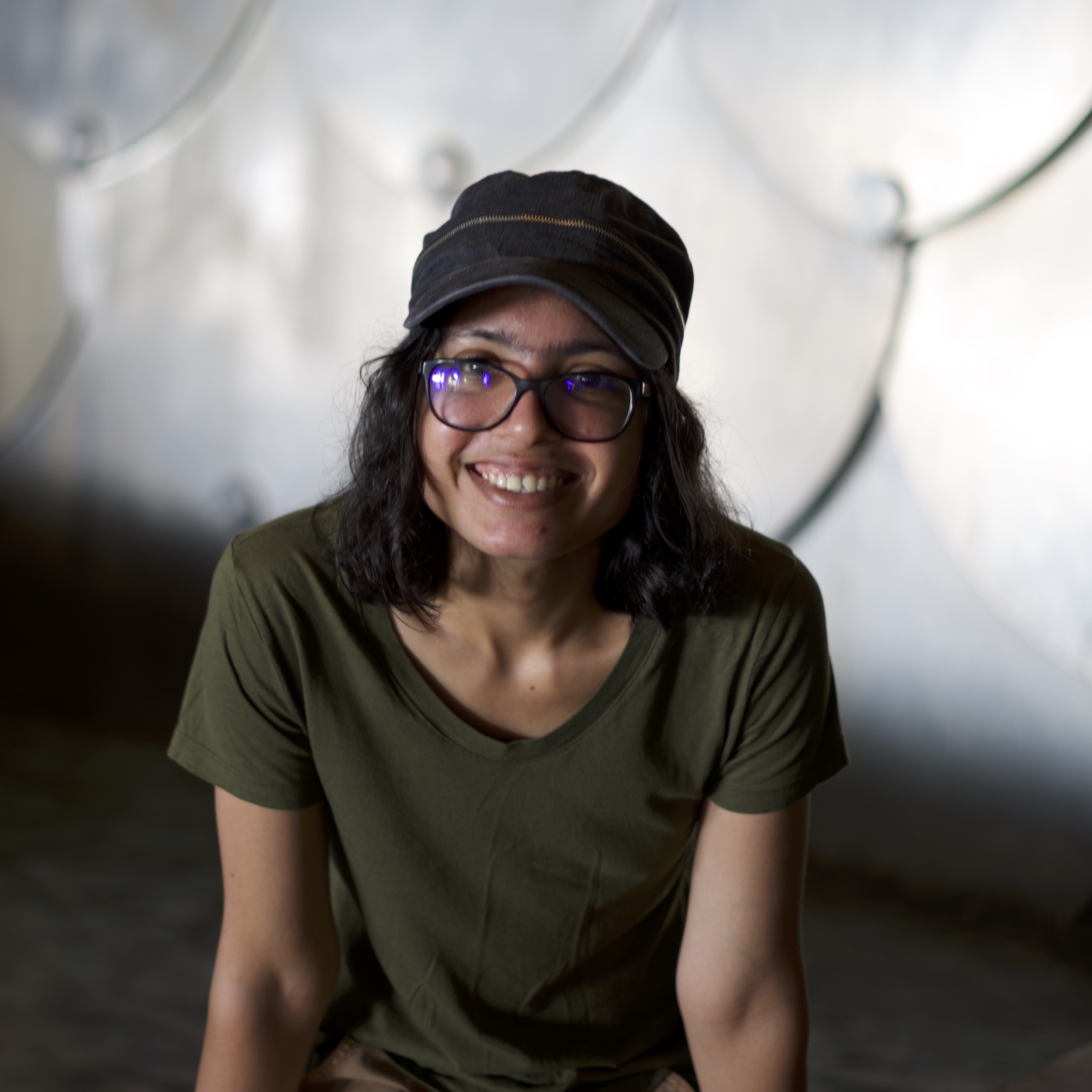
Carnegie Mellon University
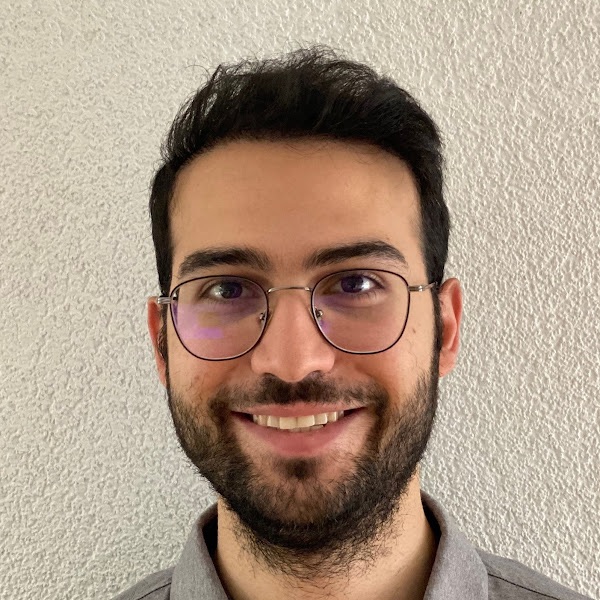
ETH Zurich
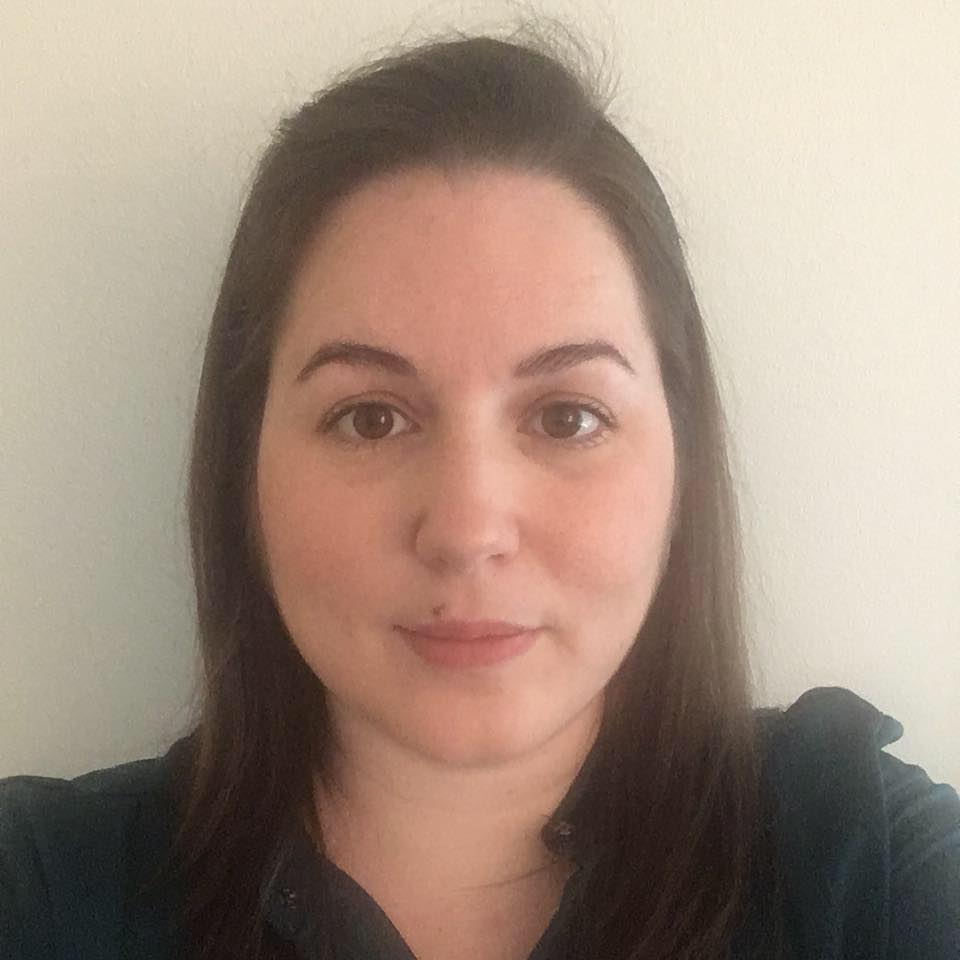
UIUC
Program Committee
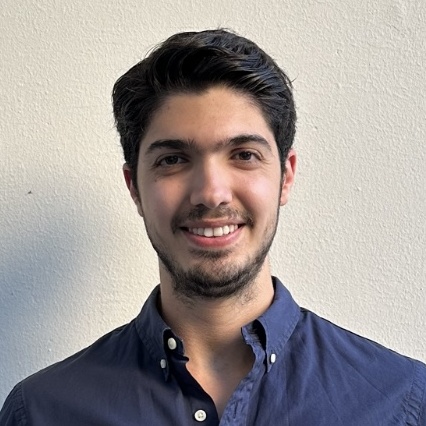
Virginia Tech
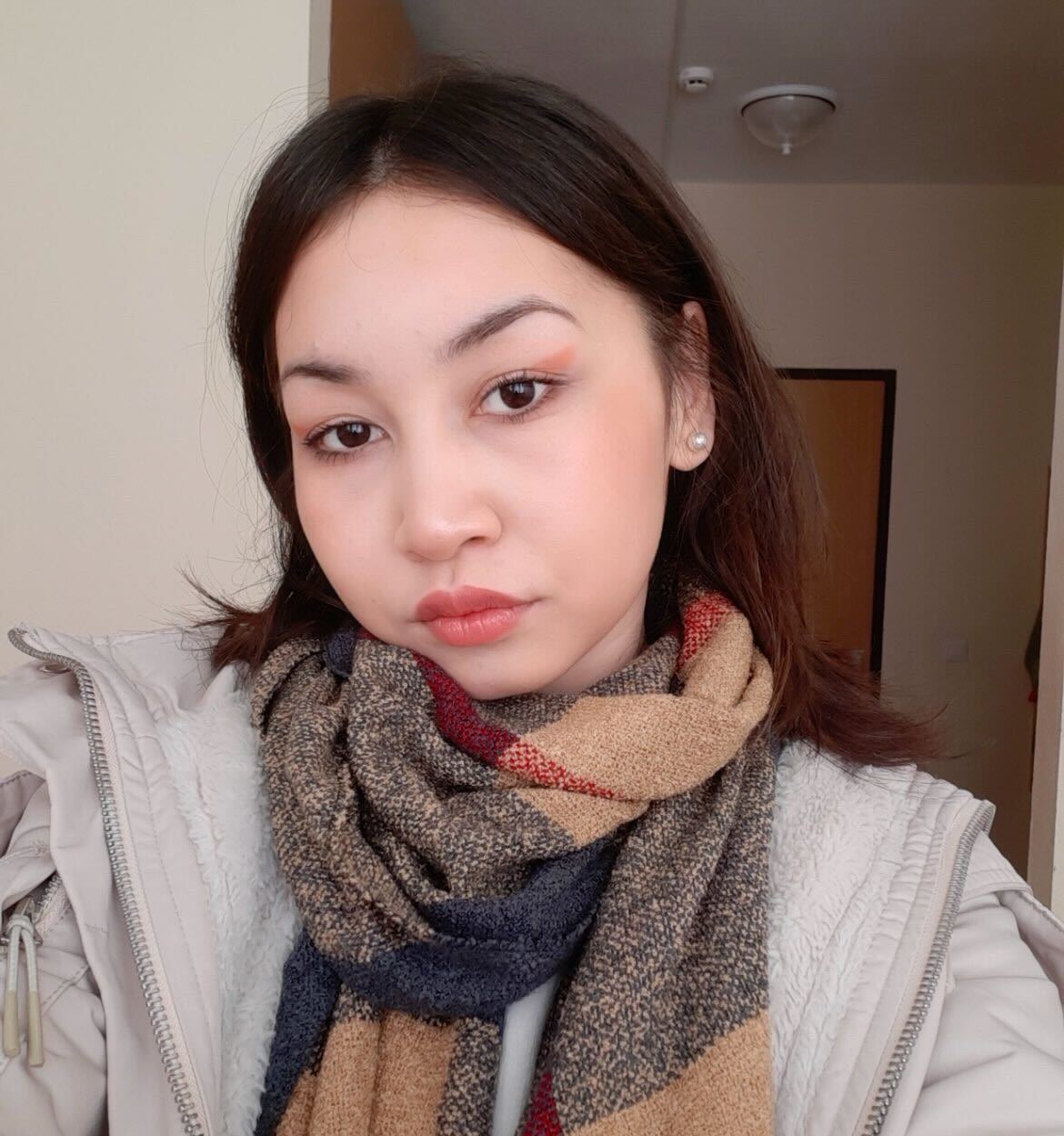
Virginia Tech
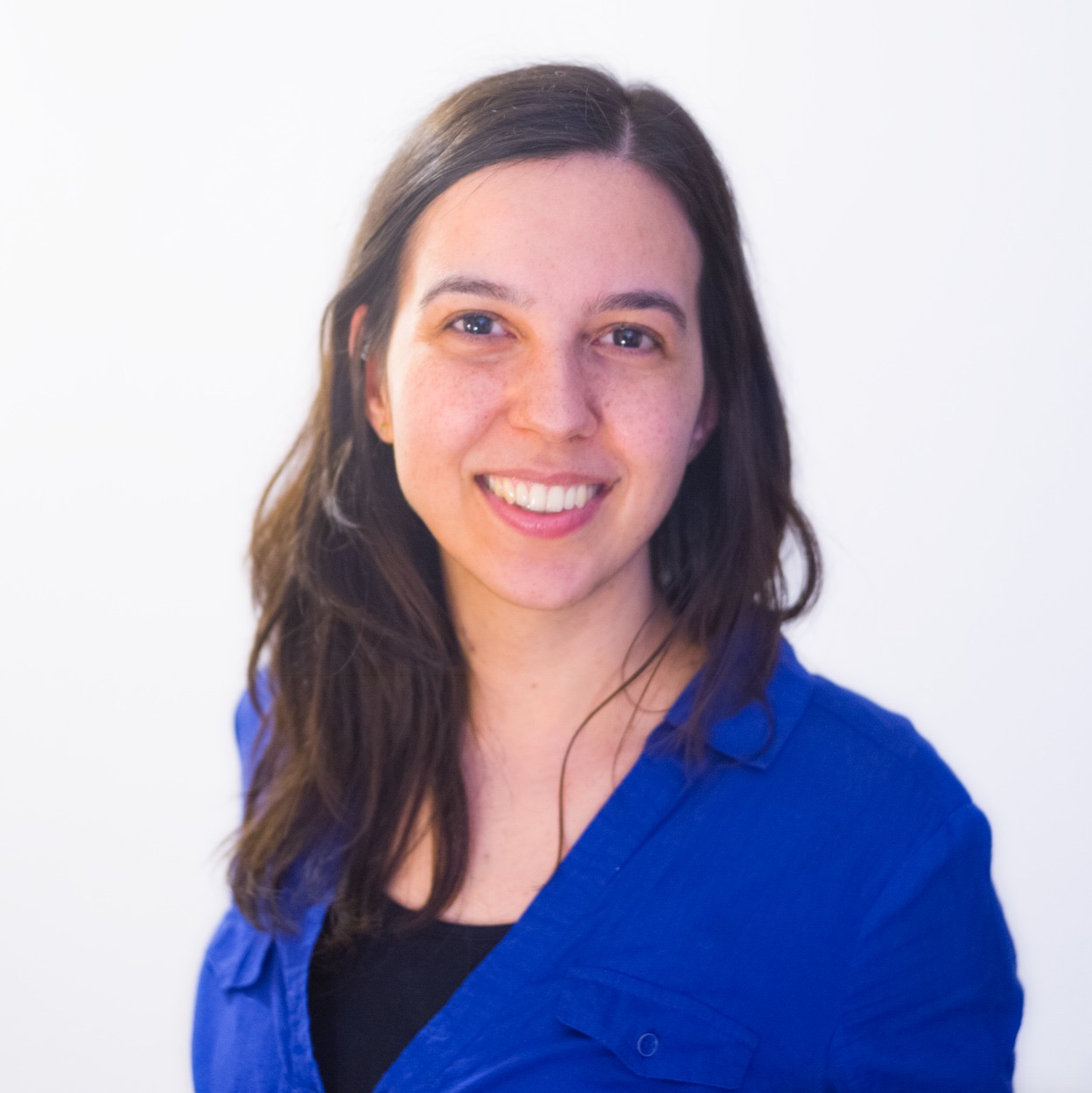
Bilkent University
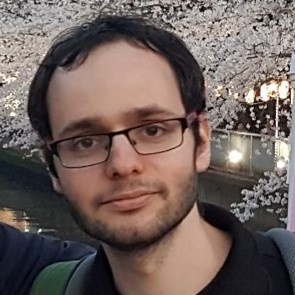
Black Forest Labs
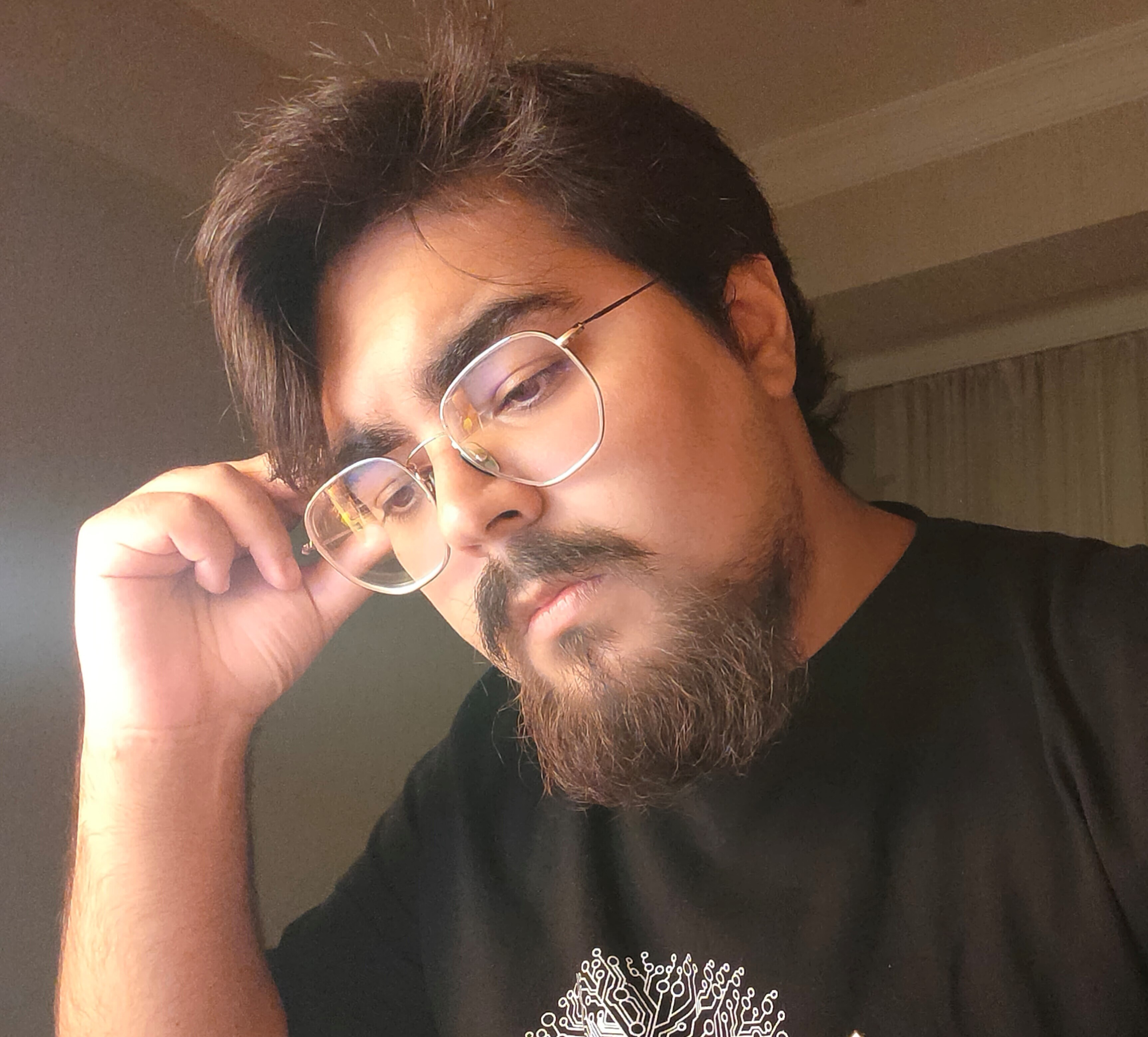
Virginia Tech
Contact
To contact the organizers please use generative.p13n.workshop@gmail.com
Acknowledgments
Thanks to languagefor3dscenes for the webpage format.
